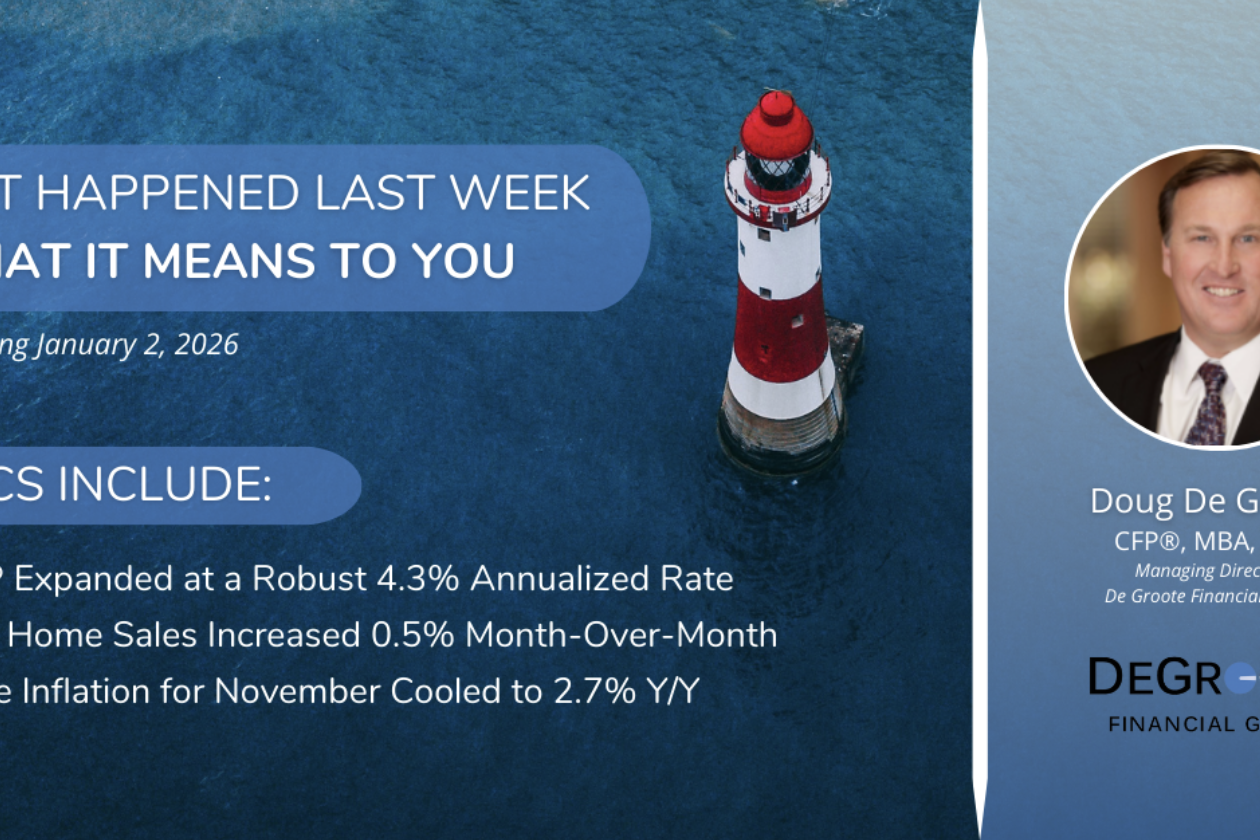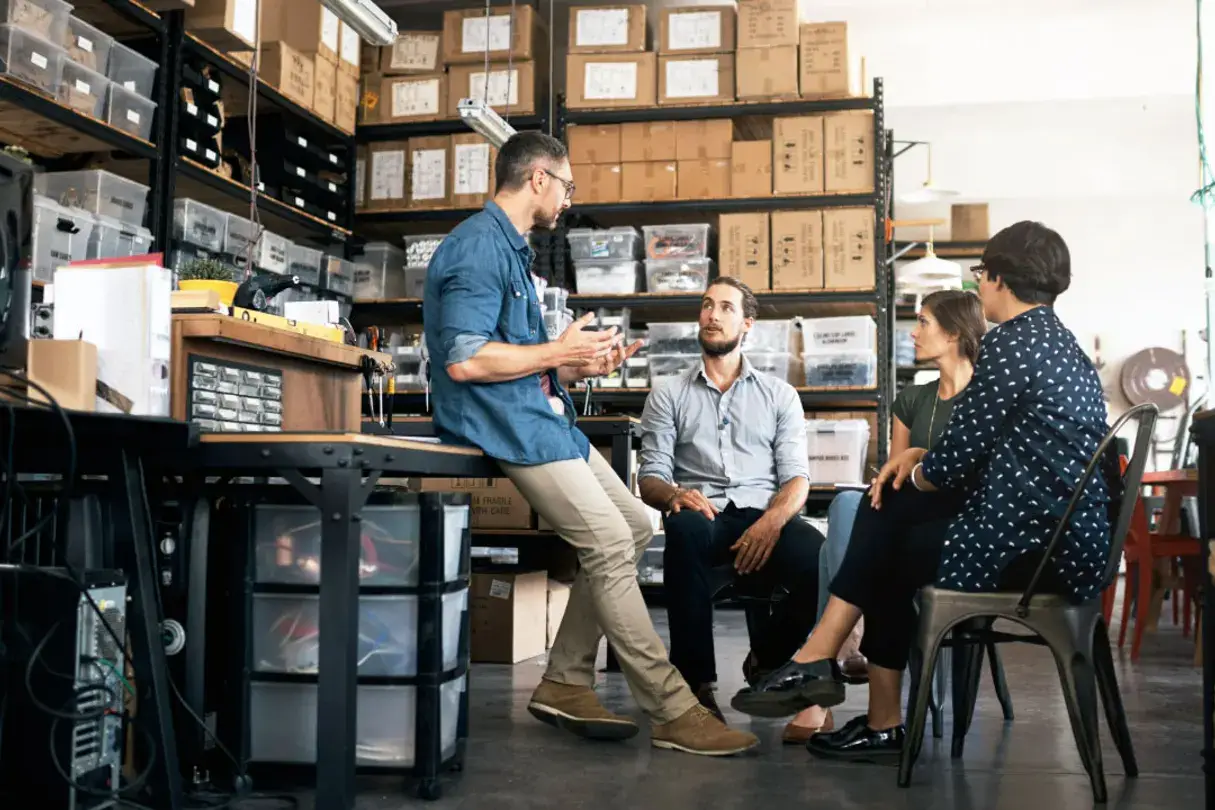President Donald Trump recently teased tariffs on pharmaceutical imports, and his administration began ramping up probes into the issue this week. The administration said these tariffs are necessary to bring pharmaceutical manufacturing back to the U.S., which it classified as a matter of national security. This comes as supply chain AI company Exiger sounds the alarm over U.S. reliance on Chinese-made pharmaceuticals. In Exiger’s report, "A Bitter Pill: America’s Dangerous Dependence on China-Made Pharmaceuticals," the company explains that American patients are at risk of getting low-quality medication — or none at all — under the current system. TRUMP ADMIN MOVES TOWARD SEMICONDUCTOR, PHARMACEUTICAL TARIFFS "We were very worried about the fact that after the pandemic, the strategic national stockpiling efforts and the sort of restoring, you know, United States independence when it came to both pharmaceuticals and medical devices had sort of lost its tailwinds," Exiger CEO Brandon Daniels told FOX Business. He also said that the elderly and those who rely on critical generic drugs are most at risk of suffering from problems with the current pharmaceutical import system. According to Exiger, the U.S. currently imports 75% of its essential medicines, with most of them coming from China and India. While India produces about half of the generic drugs the U.S. imports, it relies heavily on China for 80% of its active pharmaceutical ingredients (APIs). More than 500 generic drugs rely on one country’s APIs, including treatments for diabetes and heart conditions as well as antibiotics. Another factor putting Americans at risk is the use of forced labor in the production of pharmaceuticals. Exiger found that multiple suppliers, including Sinopharm, Zhejiang Shindai Chemical Group and Zhejiang Chemicals Export Corp., relied on Uyghur forced labor in Xinjiang. Customs and Border Patrol is supposed to block goods made with forced labor; however, some still get through.





